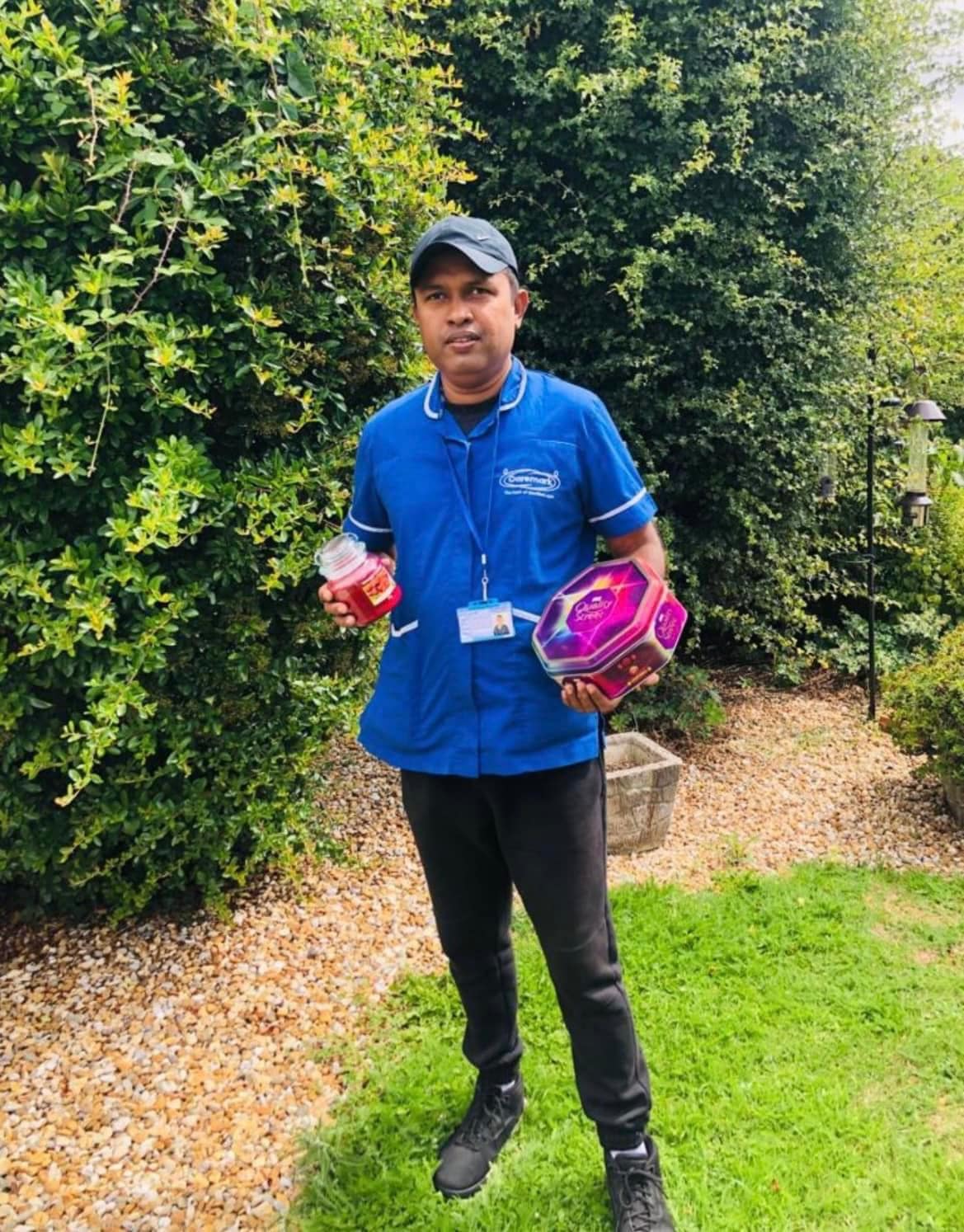Effective Strategies for Caring for Individuals with Learning Disabilities

Caring for individuals with learning disabilities requires understanding, patience, and a tailored approach to support their unique needs. This blog post will explore various strategies to enhance the quality of life for those with learning disabilities, emphasizing the importance of caring for someone with learning disabilities in a respectful and empowering way.
Understanding Learning Disabilities
Learning disabilities encompass a range of conditions that affect how a person processes information, communicates, and comprehends tasks. It’s essential to understand that each individual with a learning disability is unique, and their care needs will vary. Developing a deep understanding of their specific challenges and abilities is the first step in providing effective support.
Personalised Care and Support
Developing Individual Care Plans
A key aspect of caring for someone with learning disabilities is creating personalised care plans. These plans should be tailored to the individual’s needs, strengths, and preferences, ensuring their care is as effective and comfortable as possible.
Involving the Individual in Decision Making
Involvement in decision-making empowers individuals with learning disabilities, giving them a sense of control over their lives. This practice encourages independence and self-esteem.
Continuous Learning and Adaptation
Caring for individuals with learning disabilities is a continuous learning process. Caregivers should be open to adapting strategies as needs and circumstances change.

Effective Communication Techniques
Communication plays a critical role in the care of individuals with learning disabilities. Developing effective communication techniques helps in understanding their needs, expressing thoughts, and building a trusting relationship.
Using Clear and Simple Language
- Employing clear, simple language and short sentences makes communication more accessible.
- Visual aids, such as pictures or symbols, can be extremely helpful in facilitating understanding.
Listening and Patience
Active listening and patience are vital. Take the time to understand their perspective and respond appropriately.
Consistency and Routine
Maintaining consistency in communication and daily routines provides a sense of security and predictability.
Promoting Independence and Social Inclusion
Encouraging independence and social inclusion is crucial in caring for individuals with learning disabilities. It not only enhances their quality of life but also fosters a sense of belonging and self-worth.
Skill Building Activities
- Teaching life skills such as cooking, budgeting, and personal care promotes independence.
- Encouraging participation in community activities and events aids social inclusion.
Supporting Educational and Vocational Goals
Assisting in educational and vocational pursuits can help in achieving personal goals and building a sense of accomplishment.

Collaboration with Healthcare Professionals
Collaboration with healthcare professionals, including doctors, therapists, and support workers, ensures a comprehensive approach to care. Regular assessments and consultations help in addressing health needs effectively and adjusting care plans as needed.
According to the National Health Service (NHS) UK, effective collaboration among care providers is essential in delivering comprehensive care for individuals with learning disabilities.
Fostering Emotional Wellbeing in Learning Disability Care
Caring for someone with learning disabilities extends beyond physical and intellectual support to encompass emotional and mental wellbeing. Recognising and addressing emotional needs is crucial for holistic care.
Understanding Emotional Needs
Individuals with learning disabilities may experience a range of emotions that they find difficult to express. It’s important for caregivers to be attentive to non-verbal cues and changes in behaviour that may indicate emotional distress.
Creating a Supportive Environment
A supportive and positive environment helps in nurturing emotional wellbeing. This includes regular positive reinforcement, creating opportunities for success, and acknowledging achievements, no matter how small.
Access to Mental Health Support
Access to mental health professionals who understand learning disabilities can provide crucial support in managing emotional challenges. Therapy sessions, when needed, can be instrumental in addressing mental health concerns.
Safety and Security in Learning Disability Care
Ensuring safety and security is a fundamental aspect of caring for individuals with learning disabilities. This involves both physical safety and creating a secure environment where they feel protected and valued.
Adapting Living Spaces
Adapting living spaces to prevent accidents and make them more accessible is essential. This may include safety locks, removing potential hazards, and ensuring the environment is easy to navigate.
Risk Assessment and Management
Regular risk assessments can help identify potential safety issues. Implementing management strategies to mitigate these risks is crucial for the individual’s well-being.
Building a Network of Support
Building a network of support for individuals with learning disabilities and their caregivers can greatly enhance the quality of care. This network can include family members, friends, healthcare professionals, and community resources.
The Role of Support Groups
Support groups offer a platform for caregivers and individuals with learning disabilities to share experiences, tips, and provide emotional support to each other.
Leveraging Community Resources
Community resources, such as recreational programs and educational workshops, can provide additional support and opportunities for social engagement and skill development.
FAQs
When caring for someone with learning disabilities, it’s crucial to focus on individualised care, effective communication, promoting independence, and emotional wellbeing. Understanding the person’s specific needs and abilities is essential to tailor the care accordingly. It’s also important to ensure their safety and security and provide them with opportunities for social interaction and personal growth. The UK Government’s guide on care and support provides additional information on best practices in this area.
Technology can be a powerful tool in caring for individuals with learning disabilities. Assistive technologies, like communication aids, educational software, and sensory tools, can enhance learning, communication, and daily living skills. Additionally, digital platforms can provide access to social communities and resources, which can be especially beneficial for those who may find face-to-face interactions challenging.
Community involvement is crucial in caring for someone with learning disabilities as it promotes social inclusion and provides a broader support network. Participating in community activities helps individuals with learning disabilities develop social skills, build relationships, and feel a part of society. It also offers opportunities for skill development and personal growth. Engaging with local organisations and support groups can provide both individuals and caregivers with valuable resources and connections.